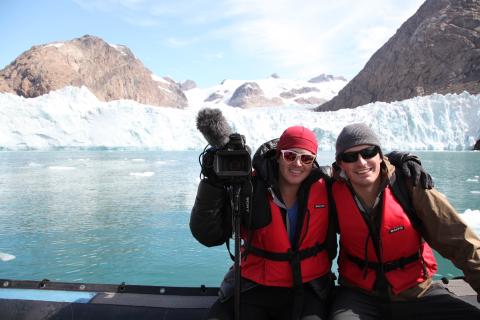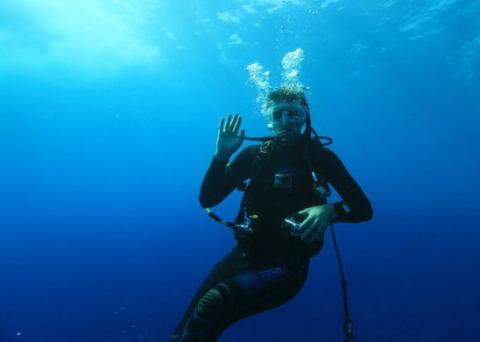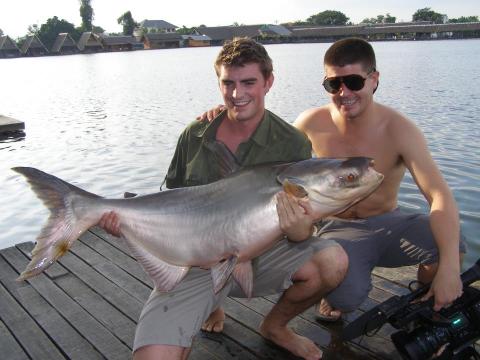
Toronto’s Mifflin siblings have travelled to 14 different countries learning about how each place deals with the water crisis and documenting their findings in a TV series, The Water Brothers. Aired on Ontario’s TVO, the show looks at a wide range of issues such as water sanitation, access to clean water, marine preservation, climate change, the economic challenges and more.
Tyler Mifflin, 26, a graduate from Film Studies at the University of British Columbia, along with his brother Alex Mifflin, 25, a graduate of Environmental Studies and International Development at Dalhousie in Halifax, NS, created The Water Brothers, for which they hope to get support beyond Ontario, even extending into America.
"When we started, we just wanted to make a single documentary about an issue,” Tyler tells Samaritanmag. “We never wanted to be in front of a camera, but there were so many great documentaries out there. For two young filmmakers and environmentalists, we wanted to try something different."
After the great feedback The Water Brothers received on their first six-episodes, they have started filming another seven for season 2, which will premiere in March 2013. The first season can be viewed for free at www.waterbrothers.ca and the second will eventually be available on the site.

Alex cites Australia as a good example too. The Australian government's initiative to create the world's largest marine reserve means it is really taking action to protect the aquaculture, he says.
"Australia is one of the few countries that is a developed nation that has a huge amount of coral reefs. Part of the reason they are so good at protecting them is because they have the money, scientists and the local will needed to protect the reefs.”
Unfortunately in both Australia and Belize, a lot of the big threats to the reefs are things the people have little to no control over, such as global climate change and coral bleaching.
According to statistics on watergovernance.ca, “Canadians rank second only to the United States in terms of highest per capita water use in the developed world. A ‘general lack of awareness’ about the pressures placed on Canadian water supplies, combined with a ‘lack of strong water conservation ethic, which is encouraged by the myth of water abundance’ helps to explain this poor standing.”

In the upcoming second season, the Mifflins will study plastic waste buildups in the Pacific; take a trip down the Ganges in India to look at water pollution; climb mount Kilimanjaro in Tanzania to raising money for clean water; look at dead zones in the Gulf of Mexico and Lake Erie; examine salmon aquaculture in British Columbia; and examine why many First Nations communities in Canada have no access to clean water.
"Blue is the new green,” says Tyler. “We have to think of climate change and environmental issues through the lens of water."
Gifts for Runners